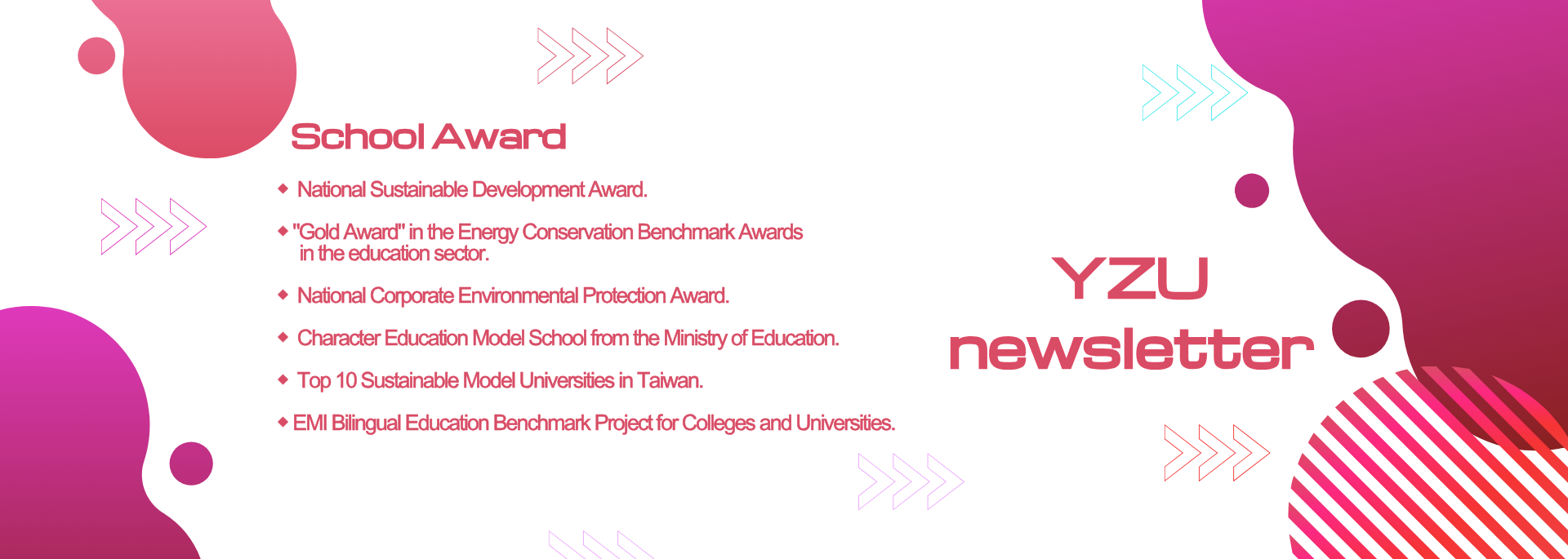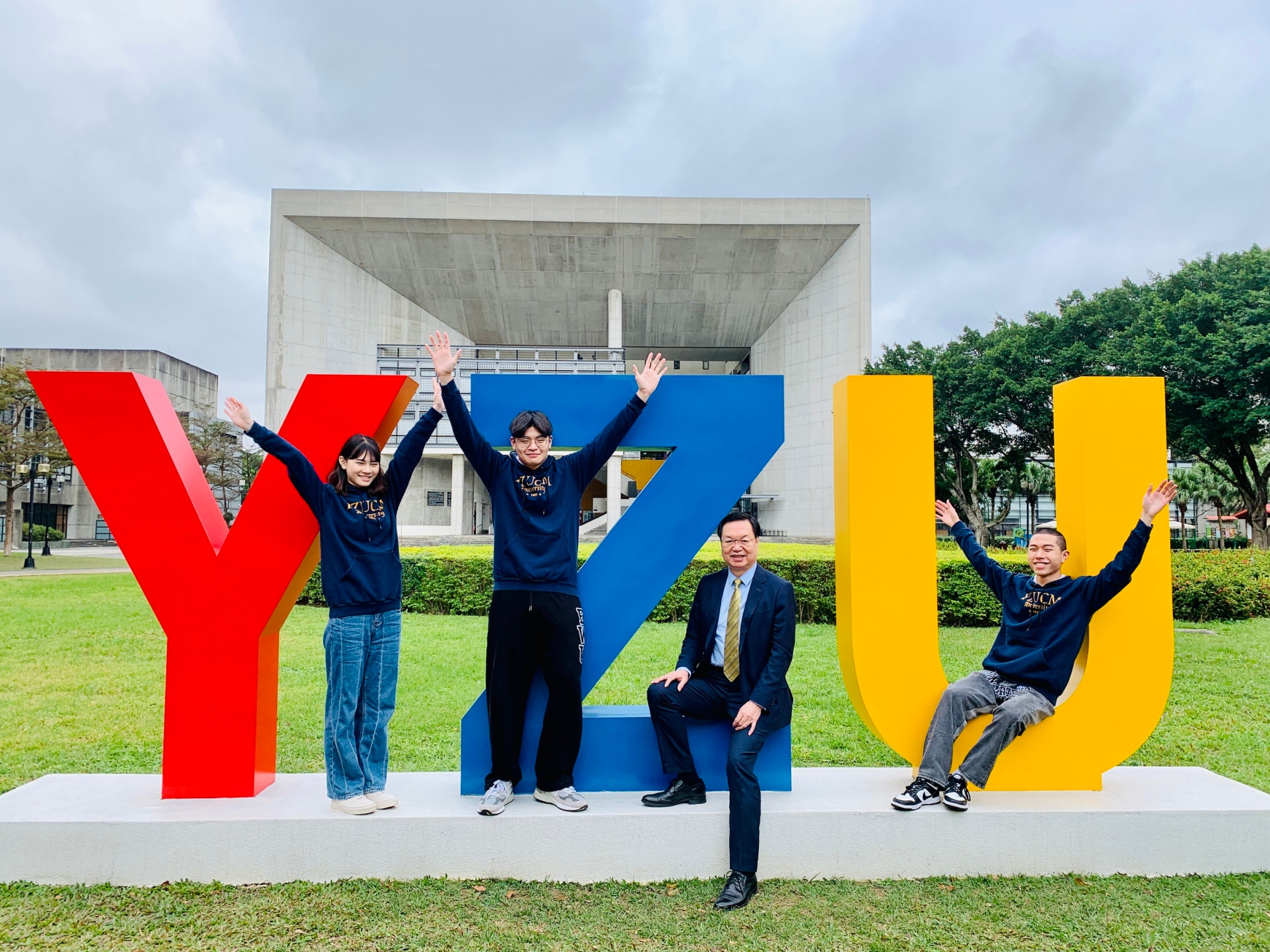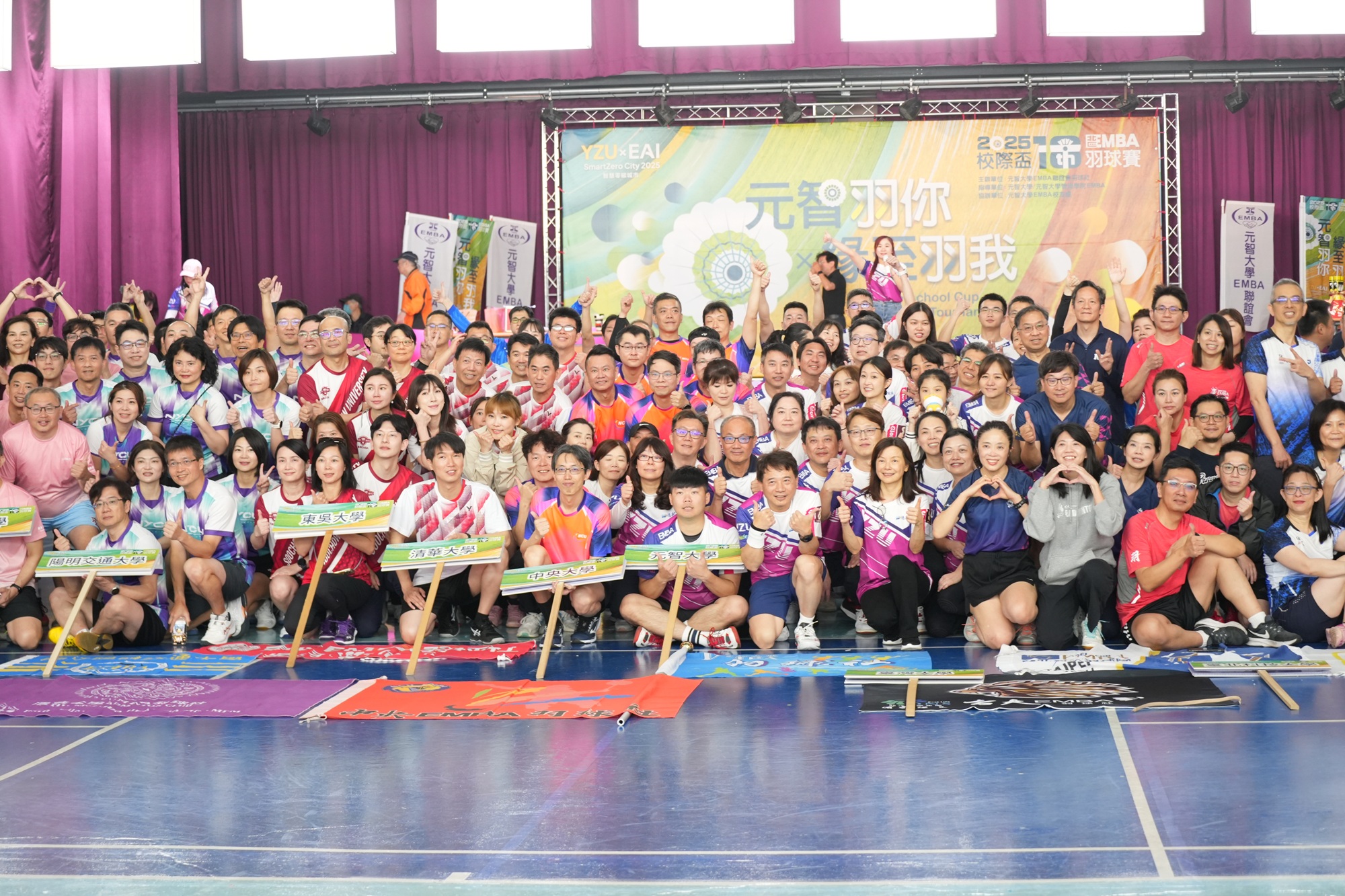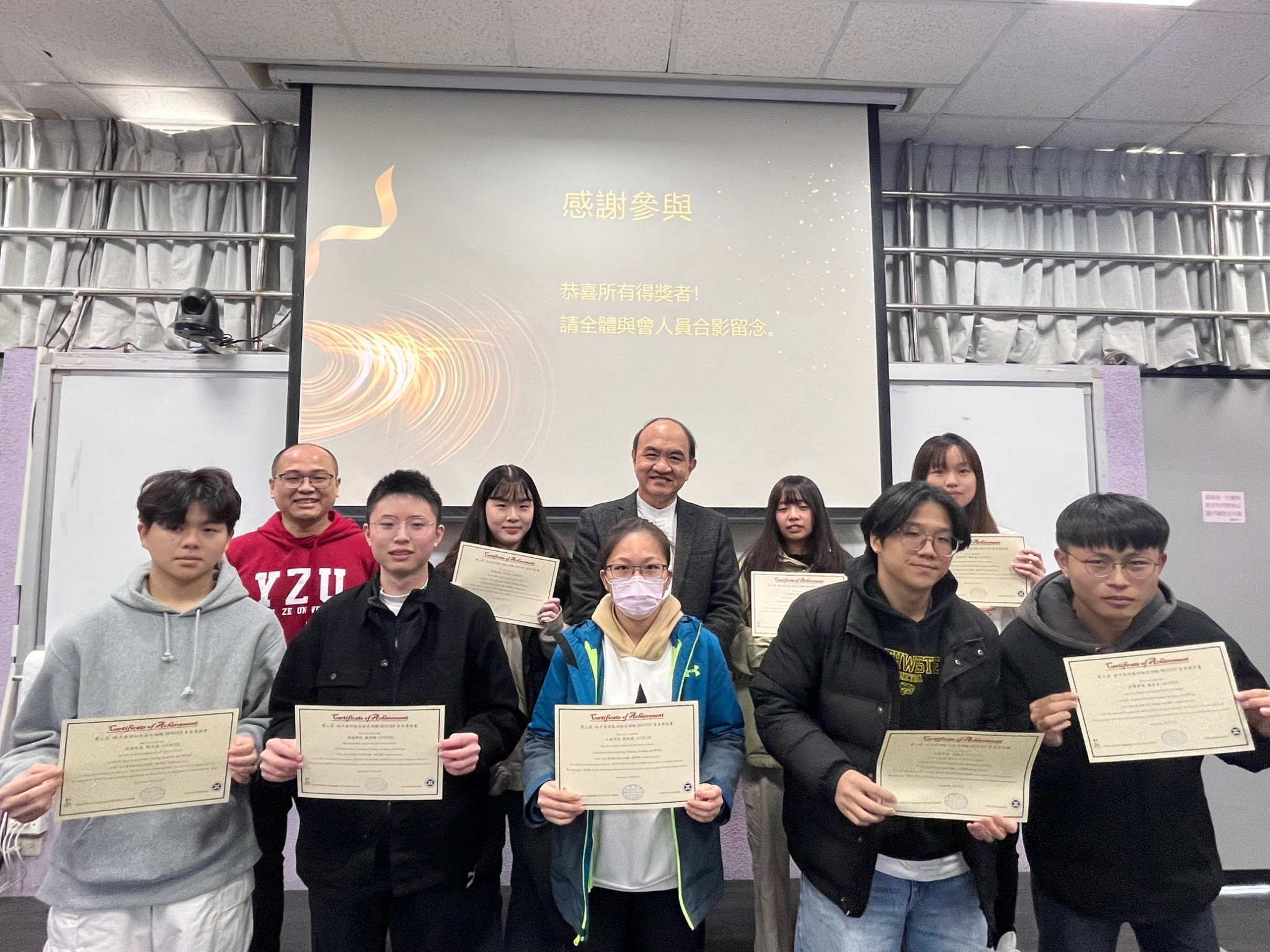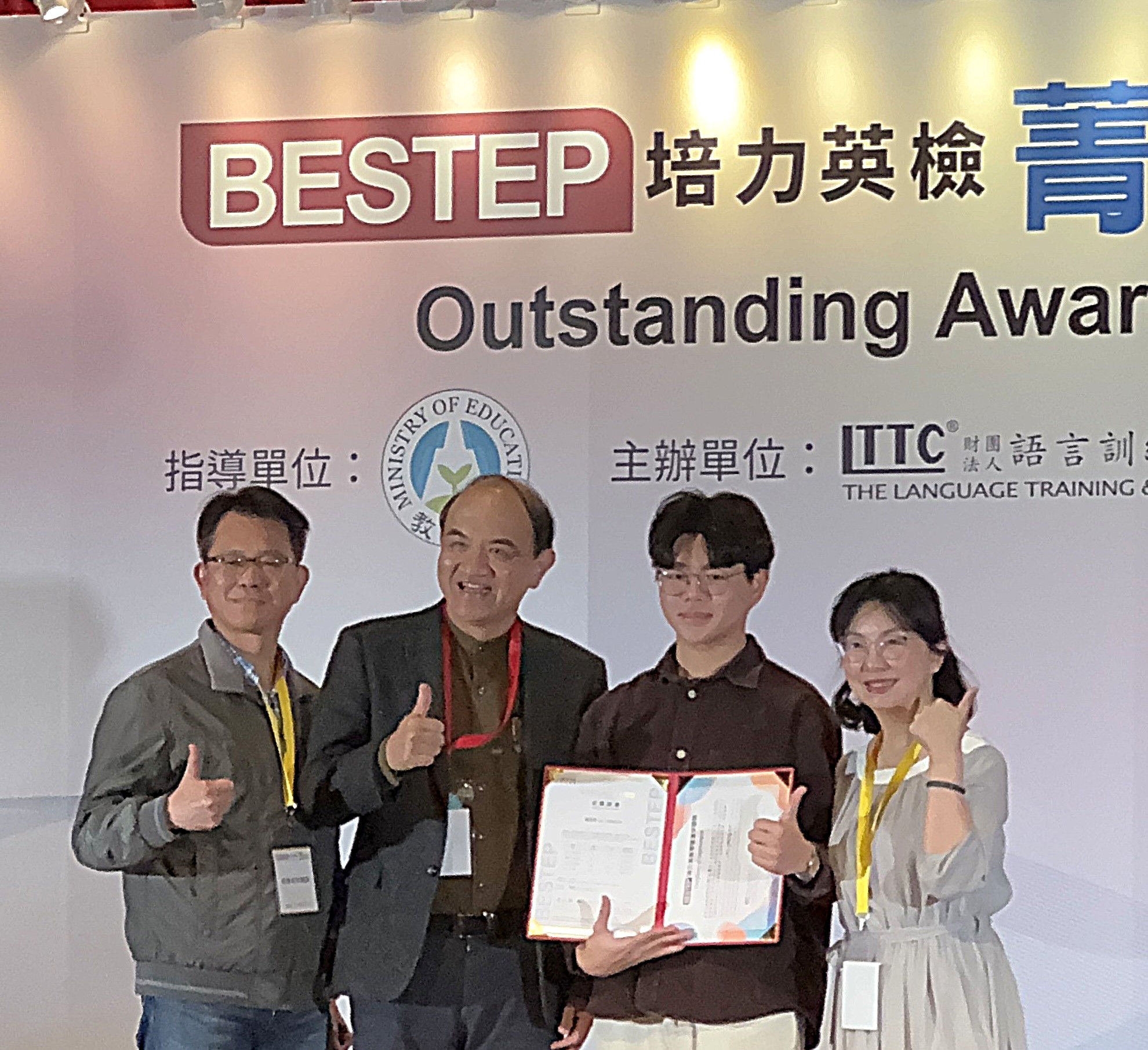The admission results for the 114th academic year of Taiwan’s Star Program were announced on March 18, 2024. According to the selection committee’s data, 17 universities achieved full enrollment across categories 1 to 7. Amidst the declining birth rate impacting higher education, Yuan Ze University stood out by securing full enrollment for the third consecutive year, demonstrating remarkable performance.
YZU’s ability to maintain a leading position in the highly competitive higher education landscape stemmed from its precise alignment with educational and industry trends, transforming its strengths into a competitive edge. Dean of Academic Affairs Hsieh Chien-Hsing emphasized that the university had centered its strategy on innovative curricula and internationalization, actively promoting AI education, Quantum AI courses, and the Ministry of Education’s TAICA (Taiwan AI College Alliance) AI programs. The university also expanded its "Thousand Students Overseas Program" and introduced specialized industry programs such as the Corporate Academy Program and the TSMC Program, cultivating highly skilled professionals ready to tackle future challenges.
Additionally, TSMC held 19 campus recruitment events across Taiwan in 2024, and YZU was once again one of the few private universities selected to participate. This reaffirmed YZU’s excellence in industry-academia collaboration and the high regard it received from the corporate sector.
Since assuming office in 2022, President Liao Ching-Jung had accelerated YZU’s internationalization efforts, actively implementing English as a Medium of Instruction (EMI) to create global learning opportunities for local students. By 2024, the university had established three EMI programs, attracting international students to Taiwan and fostering mutual exchange, enabling students to realize their dreams of studying abroad and integrating into the global community.
As the world witnessed rapid technological advancements, the 2024 Nobel Prizes in Chemistry and Physics focused on AI-related breakthroughs, prompting global corporations to invest heavily in AI and quantum technology. YZU had already taken a proactive approach, integrating quantum computing and AI technology into its curriculum, ensuring that students gained a competitive edge in the fast-evolving tech landscape.
In response to Taiwan’s declining birth rate, YZU remained committed to high-quality education to meet societal needs. Dean Hsieh Chien-Hsing highlighted that the university’s strong academic foundation and strategic utilization of group resources were key factors behind its three consecutive years of full enrollment in the Star Program. He emphasized that choosing YZU meant stepping toward excellence and building a strong competitive advantage for the future.
 English
English  正體中文
正體中文 